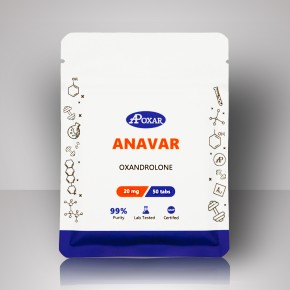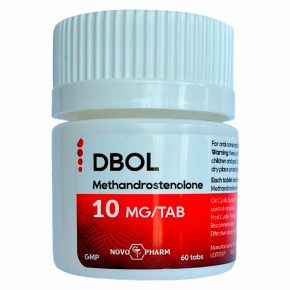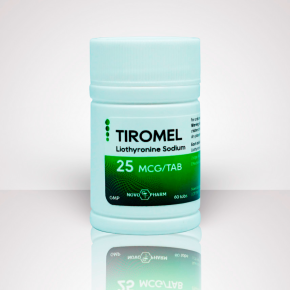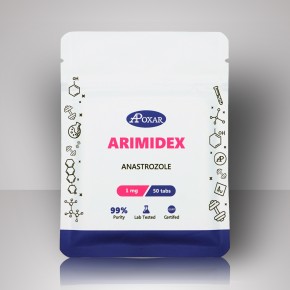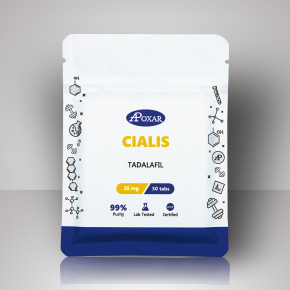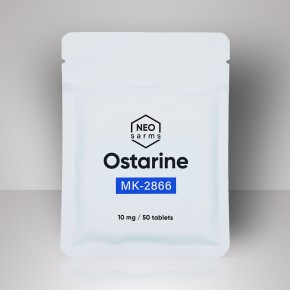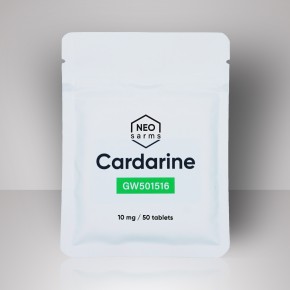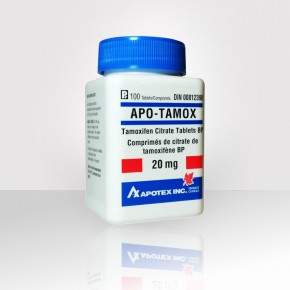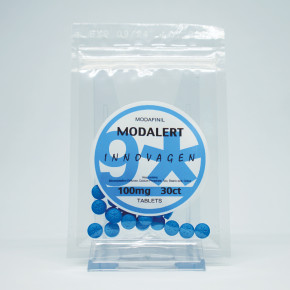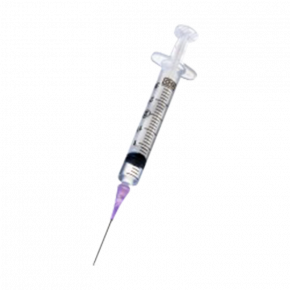-
22.08.25
took edge off nagging painsxXghostXx
-
06.06.24
no weird after effectsscott
What is Lyrica
Lyrica is an oral drug for muscle, nerve, or joint pain management. Due to the drug’s effect on the CNS, specific signals can’t reach the receptors; therefore, the pain calms down, and the quality of life improves.
Of course, Lyrica can’t be considered a permanent solution for muscle or joint pain. To heal, you’ll need to follow the doctor’s recommendations and reduce the stress you put on an injured part of your body.
If you are on an AAS cycle and one of the compound’s side effects is joint pain, Lyrica will help to mitigate it, allowing you to continue intense training.
Lyrica Benefits
Lyrica is useful in reducing pain perception, whether the athlete has been injured, overtrained, or experiencing side effects from an AAS. It’s important to note that if you have an injury, you need to follow medical recommendations and let the body recover.
Lyrica Side Effects
Possible side effects include:
- Vision disturbances;
- Dizziness and fatigue;
- Dry mouth;
- Water retention;
- Nausea;
- Limbs swelling;
- Chest pain;
- Nosebleeds.
Side effects can subside over time. It depends on the individual’s reaction, since some users do not experience side effects, while others report them going away after a few weeks.
If you have exceeded the recommended dosage, you can start feeling anxious or distressed, passive, or go into a seizure.
Lyrica Contraindications
Lyrica can’t be taken by those who have been diagnosed with severe cardiovascular disorders, renal dysfunction, or hemophilia.
Lyrica Dosage
One tablet contains 75 mg of Pregabalin. It’s common to split the dosage and take 2 or 3 tablets per day for pain management.
If you’ve skipped the dose, you can take it as soon as possible. Of course, if it’s not the time for your next dose. Doubling down can result in a higher risk of side effects.
How to Take Lyrica
|
When to take |
2–3 times/day, can be taken with or without meals |
|
Dosage Instructions |
75 to 225 mg/day, with a starting dose of 75–150 mg/day |
|
Half-life |
6 hours |
|
Food Interaction |
No food interactions have been reported |
|
Alcohol Interaction |
Limit alcohol consumption |
|
Drugs Interaction |
Lyrica can’t be taken with Diazepam, Fluoxetine, ACE inhibitors, Valium, Gabapentin, Ambien, or Melatonin |
The drug’s absorption rate doesn’t change depending on food consumption. However, you can mitigate some of its side effects on the digestive system (such as nausea or vomiting) if you take it after a meal.
To accelerate the recovery process, you can take the following supplements:
- Collagen;
- MSM;
- Glucosamine;
- Chondroitin.
Common Questions About Lyrica
How Addictive is Lyrica?
Lyrica can be addictive and cause withdrawal symptoms, such as headaches, nausea, or anxiety. It’s not recommended to use Lyrica if you are prone to drug addiction.
Is Lyrica a Painkiller?
Lyrica is a medication that can help you effectively reduce pain in muscles, joints, or tendons. However, it won’t be useful if you continue to train with the same frequency and intensity.
Do Lyrica Side Effects Subside?
Side effects can subside after a few days or weeks of administration. The severity of side effects depends on the body’s individual response and pre-existing medical issues.

 Trusted by 50,000 Customers
Trusted by 50,000 Customers
